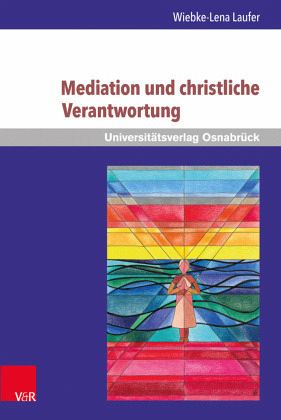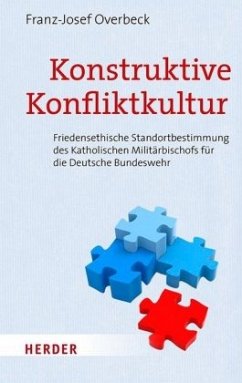Nicht lieferbar

Mediation und christliche Verantwortung
Eine mediationstheoretische und systematisch-theologische Untersuchung. Dissertationsschrift
Versandkostenfrei!
Nicht lieferbar
Conflicts and endeavours to solve them are an integral part of human interaction. Mediation provides an answer to how conflicts can be processed in a consensual manner. How and why does mediation work? And to what extent do its anthropological and ethical implications provide points of intersection for theological reflection on peace processes and its practical initiation? The author exposes the deep structure of mediation-inherent responsibility and analyzes the significance of individual predispositions in mediation. Her analysis shows the extent to which the faith-related potential for refl...
Conflicts and endeavours to solve them are an integral part of human interaction. Mediation provides an answer to how conflicts can be processed in a consensual manner. How and why does mediation work? And to what extent do its anthropological and ethical implications provide points of intersection for theological reflection on peace processes and its practical initiation? The author exposes the deep structure of mediation-inherent responsibility and analyzes the significance of individual predispositions in mediation. Her analysis shows the extent to which the faith-related potential for reflection and justification can elevate the prospects of negotiating pragmatic solutions based on self-determination and acceptance.











